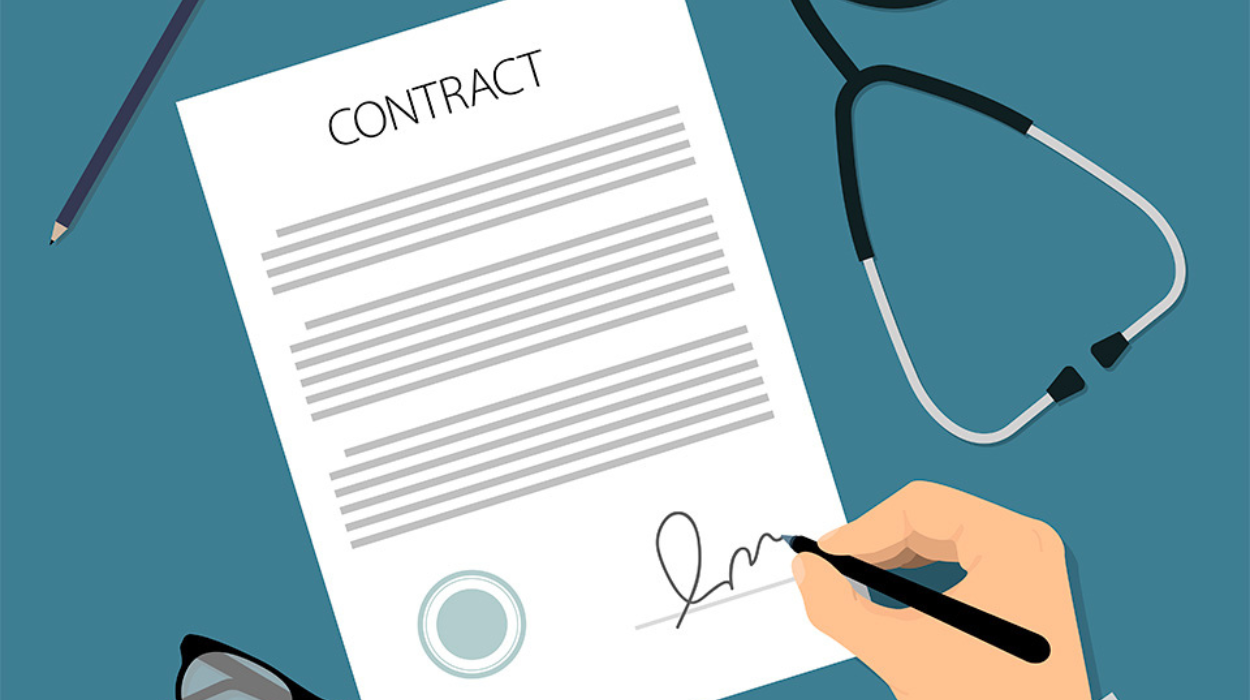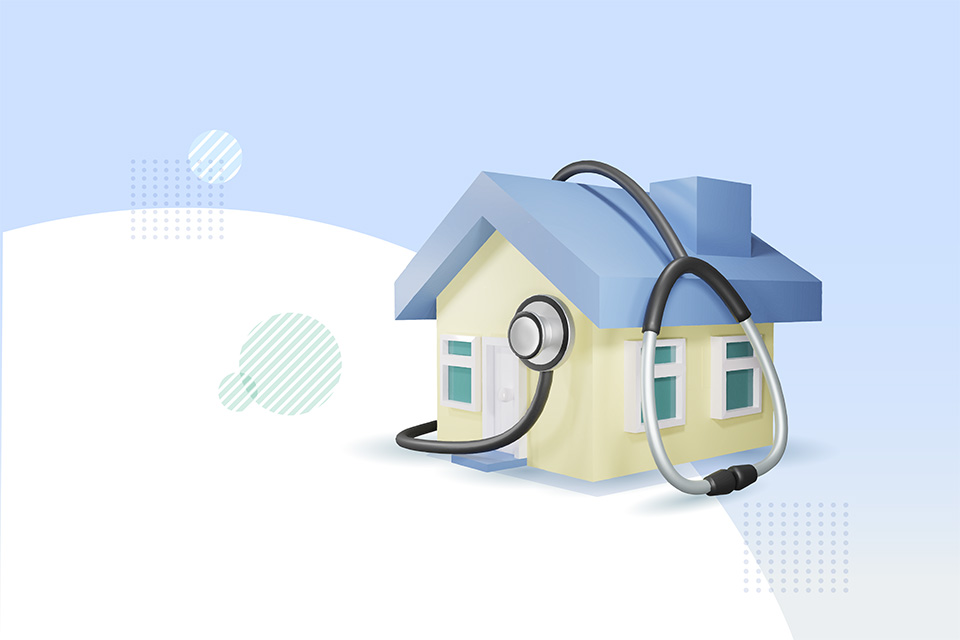Career resources content posted on NEJM CareerCenter is produced by freelance health care writers as an advertising service of NEJM Group, a division of the Massachusetts Medical Society and should not be construed as coming from, or representing the views of, the New England Journal of Medicine, NEJM Group, or the Massachusetts Medical Society
By Nisha Mehta, MD, a physician leader whose work focuses on physician empowerment, community building, and career longevity in medicine
We’ve all heard the old adage that you can’t pick your family, but you can pick your friends. Similarly, you can pick your colleagues. I would argue that you can and should.
Most physicians spend at least half of their waking hours at work. Enjoying that time is important, both personally and professionally. People routinely cite their colleagues as a reason that they love — or hate — their jobs, yet many don’t consider this factor when evaluating a position. While most discuss compensation packages or look at location or proximity to family, I don’t hear as much these days about the people they’ll be working with. It may be that in today’s healthcare landscape, physicians are so pressed to maximize productivity they assume that time with patients and colleagues will be limited.
There is infinite value in coming in to work every day and seeing faces that make you happy, having a team that creates efficiency in your day and works well together to address challenges that arise, and feeling supported in what you do. The lack of these factors contributes to physician burnout.
I once spoke at a weekend physician retreat where I watched carefully as physicians who worked together on a daily basis filtered into the room. Although most of them knew each other’s names, it was clear that they didn’t know much else about the person they were sitting next to. I heard them asking about whether they had kids or how old their kids were now, how long their commute was, where they lived, and what their work schedules were like. By the end of the day, after multiple icebreakers and discussions about changes that needed to be made at the workplace, I heard some of these same physicians making plans to get a drink after the retreat or get their families together on another weekend.
I’m honestly not sure if the changes we discussed were ever made, but as a staunch advocate of community building, I am sure that the seeds of friendship sown that weekend helped alleviate some of the burnout they were all experiencing. Being able to sign out a list to a friendly face and have confidence that everyone is working in each other’s best interest is important. Having physician colleagues who will switch a call with you or offer to help out when you are overwhelmed is priceless. The ability to ask your colleagues for advice and discuss management of complex patients or ask for help during a complicated procedure alleviates stress from the workday. Having occasional comic relief, having someone to share both positive and negative experiences with, and having mentors to ask for guidance about career and personal issues also contribute to their happiness at work .
Many physicians will leave jobs because of workplace tensions, and conversely, others will stay at jobs with other frustrations or less pay because they enjoy the people they work with. In today’s health care landscape, where physician burnout and dissatisfaction are on the rise, and delivery is becoming increasingly complex, liking who you work with is paramount. When interviewing, make sure you pay attention to your feelings when interacting with everyone around you and determine whether you would belong in the group. These feelings will inevitably factor into your success at that position.






